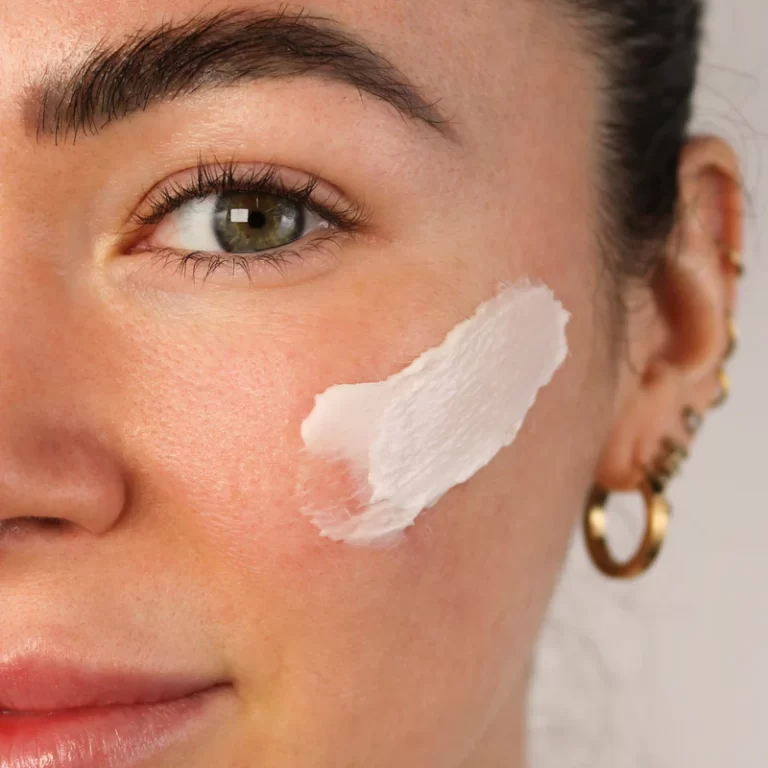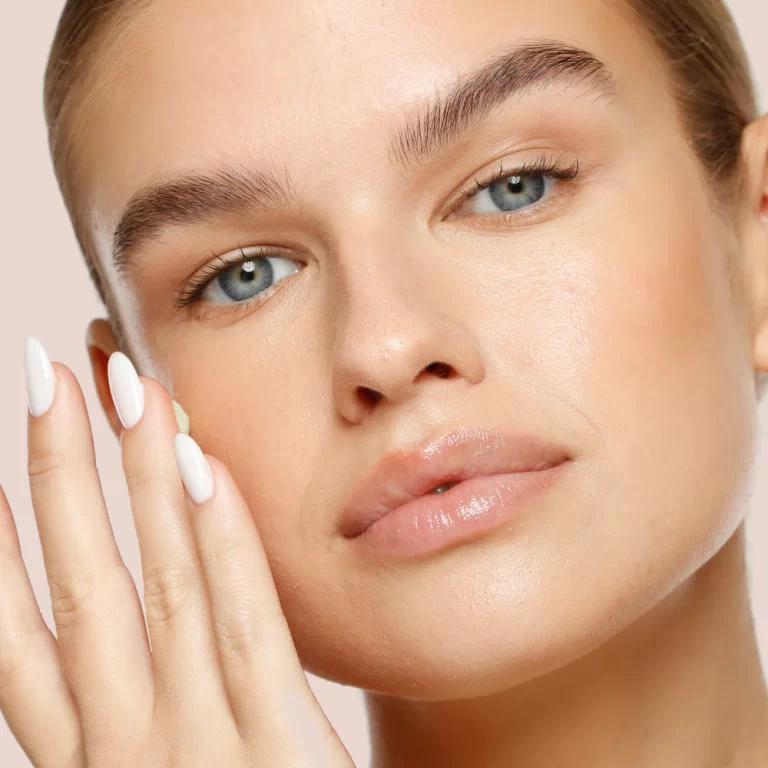
Can You Use Body Lotion On Your Face
Understanding the Differences Between Body and Facial Skin
The skin covering the human body varies significantly in thickness, sensitivity, and needs depending on its location. Facial skin, in particular, stands out as uniquely delicate and complex. This area contains more oil glands, experiences greater exposure to environmental stressors, and undergoes more frequent cleansing than the rest of the body. Additionally, facial skin tends to be thinner and more prone to irritation, making it more susceptible to breakouts, redness, and signs of aging. On the other hand, body skin is generally thicker and more resilient, with fewer oil glands and less frequent exposure to harsh elements.
These fundamental differences explain why skincare products are often formulated differently for the face and body. Facial products typically contain lighter, non-comedogenic ingredients to prevent pore clogging, while body lotions often include heavier emollients for intense moisture. Understanding these distinctions helps in making informed decisions about skincare routines and product choices. Moreover, the skin’s needs can vary based on factors such as age, climate, and individual skin conditions, further emphasizing the importance of using appropriate products for each area.

The Composition of Body Lotions: Ingredients and Their Functions
Body lotions are specifically formulated to address the needs of the skin below the neck. These products typically contain a blend of emollients, humectants, and occlusives to provide hydration and lock in moisture. Common ingredients include glycerin, which attracts water to the skin, and petrolatum or mineral oil, which create a barrier to prevent moisture loss. Many body lotions also incorporate fragrances for a pleasant scent, as well as thicker oils like coconut or shea butter for intense moisturization.
Some formulations include exfoliating agents like alpha-hydroxy acids (AHAs) to help remove dead skin cells and improve texture. Antioxidants such as vitamin E may be added to protect against environmental damage. However, body lotions often contain heavier ingredients that might be too rich for facial skin. The concentration of these ingredients is usually higher in body lotions compared to facial moisturizers, as body skin can tolerate and often requires more intense hydration. Additionally, body lotions may not undergo the same rigorous testing for facial use, potentially leading to issues when applied to the more sensitive facial area.
Potential Benefits of Using Body Lotion on the Face
Despite the differences in formulation, using body lotion on the face can offer some benefits in certain situations. Firstly, body lotions often provide intense hydration, which can be beneficial for extremely dry or dehydrated facial skin, especially during harsh winter months. The occlusive ingredients in body lotions create a strong barrier against moisture loss, potentially helping to alleviate severe dryness or flakiness. Additionally, for individuals with resilient skin that is not prone to breakouts, the rich emollients in body lotions may provide a cost-effective moisturizing option.
Some people find that the thicker consistency of body lotions helps to soothe and protect their skin against environmental stressors. Moreover, body lotions often come in larger quantities at a lower price point compared to facial moisturizers, making them an economical choice for those on a budget. In emergency situations where facial moisturizer is unavailable, body lotion can serve as a temporary substitute to prevent the discomfort of dry skin. However, it’s crucial to note that these potential benefits should be weighed against the risks and individual skin needs.
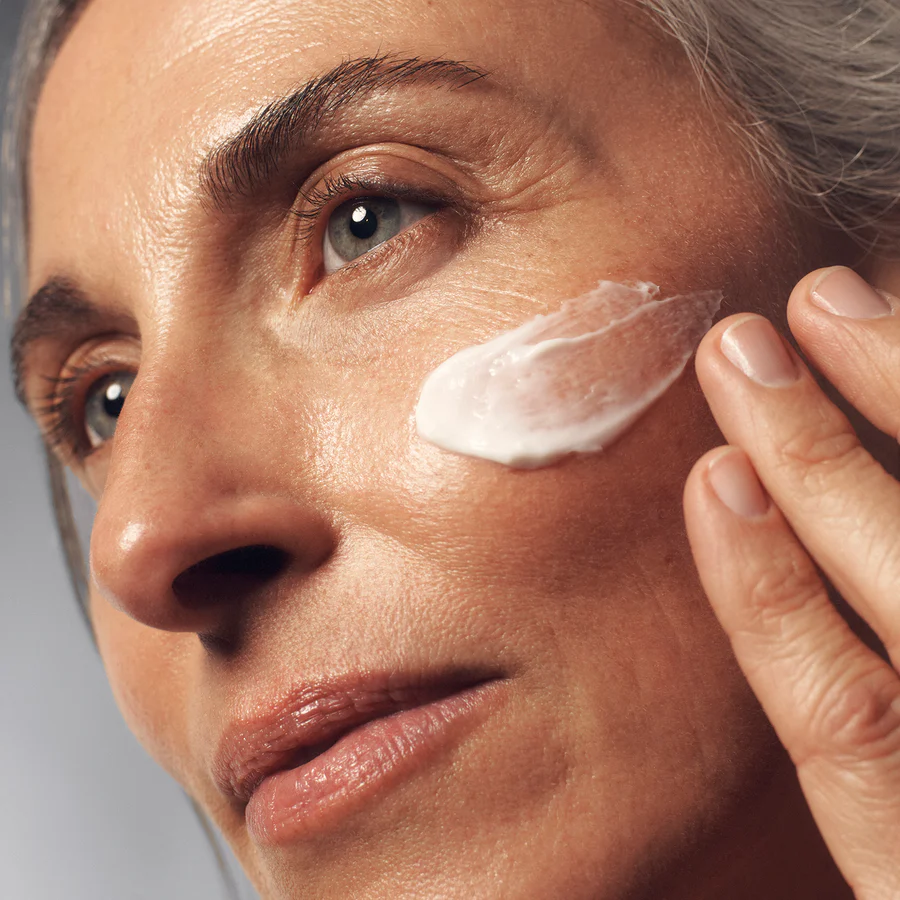
Risks and Drawbacks of Applying Body Lotion to Facial Skin
While body lotion may offer some benefits when used on the face, several risks and drawbacks should be considered. Primarily, the heavier ingredients in body lotions can clog pores, leading to breakouts, blackheads, and acne, especially in individuals with oily or acne-prone skin. The fragrance commonly found in body lotions may irritate sensitive facial skin, causing redness, itching, or allergic reactions. Additionally, body lotions typically lack the specific anti-aging ingredients found in facial moisturizers, potentially missing out on important skincare benefits.
The thicker consistency of body lotions may not absorb as well into facial skin, leaving a greasy residue that can interfere with makeup application. Some body lotions contain alcohol or other potentially drying ingredients that, while suitable for body skin, may disrupt the delicate balance of facial skin. Furthermore, body lotions often lack sun protection factor (SPF), a crucial component in daytime facial skincare to prevent premature aging and sun damage. The pH balance of body lotions may not be optimized for facial skin, potentially disrupting its natural protective barrier. In some cases, using body lotion on the face can exacerbate existing skin conditions like rosacea or eczema.
Skin Types and Their Specific Needs: Who Should Avoid Body Lotion on the Face?
Different skin types have varying needs, and certain individuals should be particularly cautious about using body lotion on their face. Those with oily or acne-prone skin should generally avoid this practice, as the heavy ingredients in body lotions can exacerbate oil production and lead to breakouts. Individuals with sensitive skin may experience irritation or allergic reactions from the fragrances and preservatives commonly found in body lotions. People with combination skin might find that body lotion over-moisturizes some areas while not adequately hydrating others, disrupting the skin’s balance.
Those with mature skin may not receive the targeted anti-aging benefits they need from body lotions. Potentially accelerating the appearance of fine lines and wrinkles. Individuals prone to skin conditions like rosacea or eczema should steer clear of body lotions on their face. As these products may trigger flare-ups. People living in humid climates or those with naturally well-hydrated skin might find body lotions too heavy for facial use, leading to excessive oiliness. Additionally, anyone using active skincare ingredients like retinoids or acne treatments should avoid applying body lotion to their face, as it may interfere with the efficacy of these products.
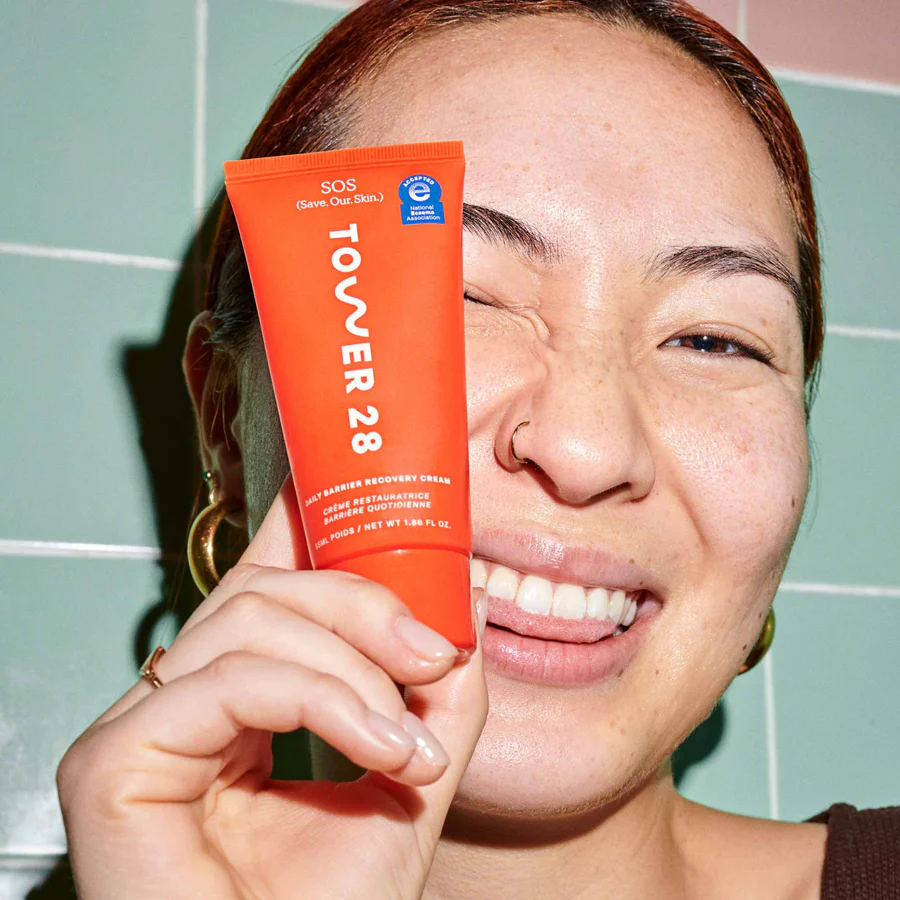
Alternatives to Body Lotion for Facial Moisturizing
Instead of resorting to body lotion for facial moisturizing, several alternatives can provide appropriate hydration without the associated risks. Facial moisturizers are specifically formulated to address the unique needs of facial skin, offering hydration without clogging pores. These products often contain ingredients like hyaluronic acid, which provides intense moisture without heaviness. For those seeking natural options, pure oils like jojoba, argan, or rosehip can offer effective facial hydration without added fragrances or preservatives. Gel-based moisturizers provide a lightweight alternative for oily or combination skin types, delivering hydration without excess shine.
Serums containing hydrating ingredients like glycerin or niacinamide can be layered under a light moisturizer for added benefits. Individuals with extremely dry skin might benefit from using facial oils or balms designed for intense moisture without the pore-clogging potential of body lotions. Tinted moisturizers or BB creams can provide hydration while also offering light coverage and often include SPF protection. For nighttime use, sleep masks or overnight treatments can deliver intense hydration without the need for heavy creams. Those on a budget can explore drugstore facial moisturizers, which often provide quality formulations at a lower price point than high-end brands.
How to Safely Transition from Body Lotion to Facial Moisturizer
For individuals accustomed to using body lotion on their face, transitioning to appropriate facial moisturizers requires a thoughtful approach. Start by gradually introducing a facial moisturizer, using it every other day while alternating with the body lotion. This allows the skin to adjust slowly and helps identify any potential reactions. Choose a facial moisturizer that matches your skin type and concerns. Whether it’s oil-free for acne-prone skin or rich in antioxidants for anti-aging benefits. Pay attention to how your skin responds during the transition. Looking for signs of improvement such as reduced oiliness, fewer breakouts, or improved texture.
If you experience any irritation or breakouts, discontinue use and consult a dermatologist. Consider incorporating a gentle facial cleanser into your routine to ensure your skin is properly prepared for the new moisturizer. Gradually increase the frequency of facial moisturizer use while decreasing body lotion application until you’ve fully transitioned. Don’t forget to introduce sun protection into your daytime routine if it wasn’t part of your previous regimen. Be patient during this process, as it may take several weeks for your skin to fully adjust to the new products.
Expert Opinions: Dermatologists Weigh In on Using Body Lotion on the Face
Dermatologists generally advise against using body lotion on the face due to the potential risks and availability of more suitable alternatives. Many skin experts emphasize that facial skin requires specific care tailored to its unique characteristics and needs. They point out that body lotions often contain occlusive ingredients that can trap bacteria and oil. Leading to acne and other skin issues when used on the face. Dermatologists also highlight the importance of using products with appropriate pH levels for facial skin to maintain its protective barrier.
Some experts acknowledge that in rare cases. Such as for individuals with extremely dry, non-sensitive skin, body lotion might be tolerable on the face. However, they stress that this is not ideal and should only be a short-term solution. Many dermatologists recommend investing in a proper facial moisturizer. Explaining that the long-term benefits for skin health and appearance outweigh the initial cost difference. They also emphasize the importance of sunscreen in facial skincare, which is often lacking in body lotions. Some experts suggest that if budget is a concern, opting for a basic. Fragrance-free facial moisturizer is still preferable to using body lotion on the face.
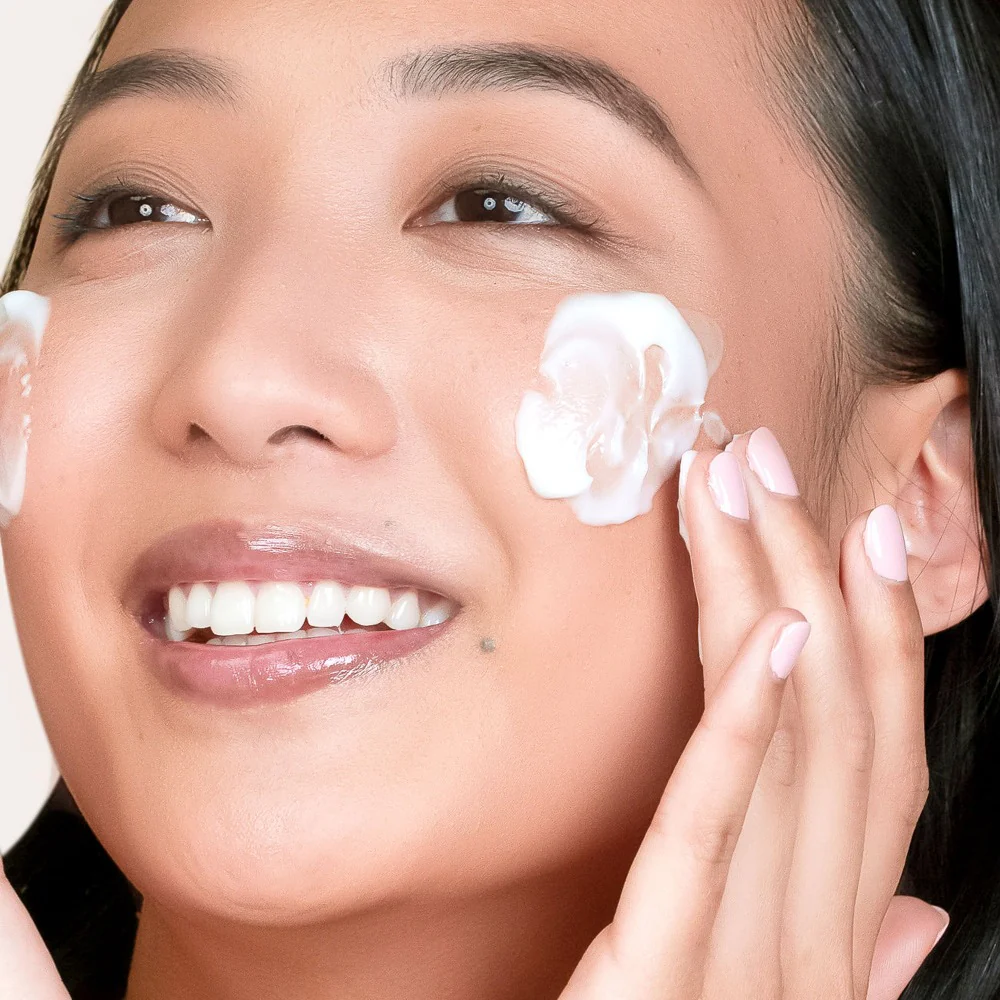
DIY Facial Moisturizers: Safe Alternatives to Commercial Products
For those interested in natural skincare or looking to avoid commercial products. Several DIY facial moisturizer options can provide safe and effective hydration. One simple recipe involves mixing equal parts aloe vera gel and a lightweight oil like jojoba or sweet almond oil. This combination offers hydration without heaviness and can be customized with a few drops of essential oil for fragrance or added benefits. Another option is to create a moisturizing face mask using mashed avocado and honey, which provides intense hydration and nourishment.
For oily skin, a mixture of witch hazel and aloe vera can offer light moisture without clogging pores. Those with dry skin might benefit from a blend of shea butter and coconut oil, melted together and allowed to cool before application. A simple oatmeal and yogurt mask can soothe and moisturize sensitive skin. When creating DIY moisturizers, it’s crucial to use fresh. High-quality ingredients and perform a patch test before applying to the entire face. Store homemade products in clean, airtight containers and use them within a week to prevent bacterial growth.
Conclusion: Making Informed Choices for Healthy Facial Skin
In conclusion, while using body lotion on the face may seem like a convenient solution. It often does more harm than good. The unique needs of facial skin require specifically formulated products to maintain health, prevent issues, and address individual concerns. Body lotions, designed for the thicker, less sensitive skin on the body, can lead to clogged pores, irritation, and other problems when used on the face. Instead, choosing a facial moisturizer appropriate for your skin type offers the best chance for maintaining healthy, balanced skin.
For those on a budget, affordable facial moisturizers or natural alternatives provide better options than risking the negative effects of body lotion. Remember that proper skincare is an investment in your skin’s long-term health and appearance. By understanding the differences between facial and body skin, recognizing individual skin needs, and making informed product choices, you can develop a skincare routine that truly benefits your complexion. Whether opting for commercial facial moisturizers, exploring natural alternatives, or consulting with a dermatologist for personalized advice. Prioritizing facial-specific care will yield the best results for healthy, radiant skin.
